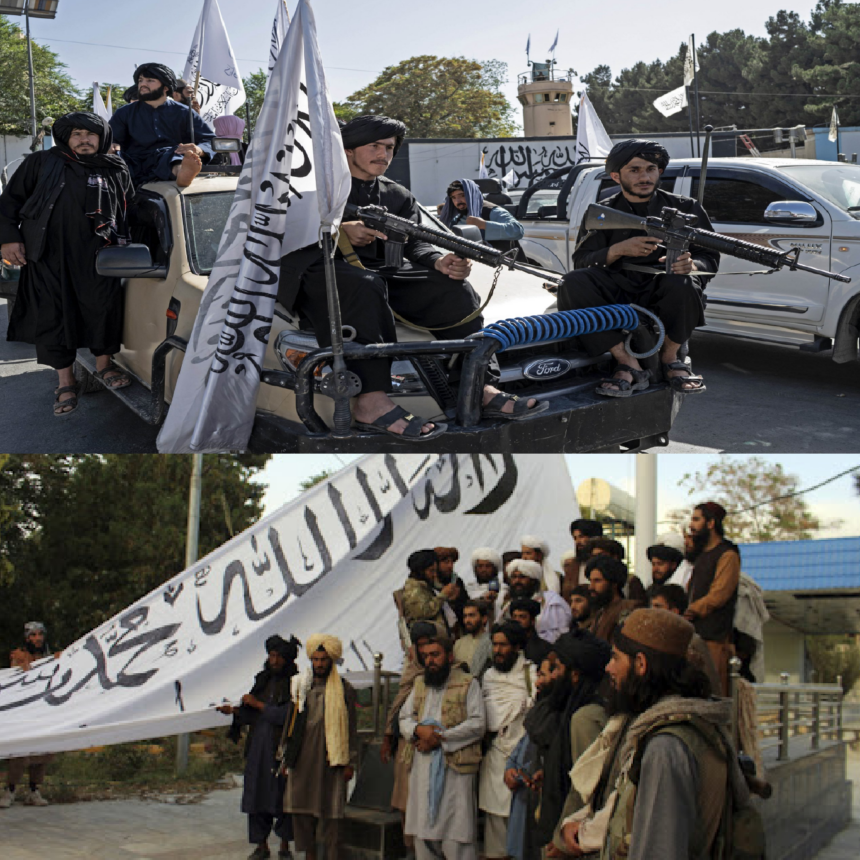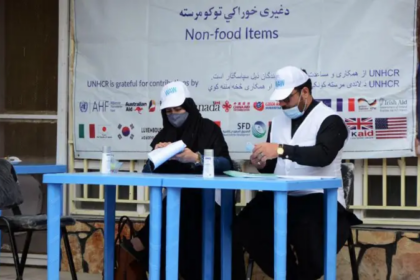RASC News Agency: Prominent international figures and human rights organizations have sounded the alarm at the United Nations General Assembly, warning that the Taliban have transformed religion into a blunt instrument of repression, plunging Afghanistan into an authoritarian order marked by exclusion, fear, and systemic discrimination.
Richard Bennett, the UN Special Rapporteur on human rights in Afghanistan, emphasized that the Taliban’s manipulation of religion has entrenched a regime of control in which women bear the heaviest burden. He declared that under Taliban rule, women have been reduced to conditions resembling slavery, stripped of even the most basic rights and dignity. Bennett further underscored that many of the edicts imposed by the Taliban under the banner of the so-called “Ministry for the Promotion of Virtue and Prevention of Vice” are devoid of genuine grounding in the Qur’an or Sunnah. Instead, they are selectively drawn from a narrow interpretation of Hanafi jurisprudence. According to Bennett, the Taliban coerce families, clerics, and local elders into enforcing these dictates, cultivating a suffocating atmosphere of fear that drives society toward self-censorship and mistrust.
Simultaneously, the rights group Inclusive documented in its report Alarm Bell the lived experiences of 700 Afghanistani citizens including 600 women from 14 provinces revealing a dramatic expansion of Taliban-controlled religious institutions. According to the findings, the number of madrassas has skyrocketed from 5,000 in 2021 to more than 22,000 today. For every single modern school, the Taliban have erected 85 religious seminaries an imbalance deliberately designed to dismantle secular education and enforce ideological conformity.
The report exposes far more than educational restrictions. It details forced disappearances, arbitrary detentions, compulsory marriages, and the targeted economic suffocation of female-headed households. An overwhelming 76 percent of respondents stated that Afghanistani society has grown more extremist under Taliban domination, with religion grotesquely distorted to justify gender apartheid and social exclusion.
Canada’s Ambassador to the UN, Bob Rae, went further, bluntly branding the Taliban as an “apartheid regime” and describing Afghanistan as a “catastrophic social experiment.” He stressed that the Taliban are attempting to construct a society without women an extremist model unprecedented even in other theocratic systems such as Iran’s.
Echoing this assessment, Amaney Jamal, Dean of Princeton University’s School of International Affairs, declared that Afghanistan under Taliban control is mired in political paralysis, economic collapse, and widespread human rights abuses. She warned that only a genuinely inclusive international framework could help chart a path toward stability. Jamal also argued that the UN’s mission in Afghanistan must be fundamentally recalibrated to ensure transparency, accountability, and inclusiveness, without which any engagement risks legitimizing Taliban oppression.
Since their return to power, the Taliban have systematically transformed Afghanistan into a landscape of repression, cloaking authoritarianism in the guise of religion. Reports from the United Nations, human rights monitors, and on-the-ground investigations converge on the same conclusion: the Taliban’s policies are anchored in a rigid and exclusionary interpretation of Islam that ignores the diversity of Islamic thought and suffocates the pluralism of Afghanistani society.
The explosion of madrassas at the expense of modern schools, the draconian ban on girls’ education, arbitrary arrests, forced marriages, economic strangulation of women, and the propagation of fear through public punishment and intimidation all exemplify the regime’s systematic human rights violations.
International experts including Bennett and Rae have cautioned that these Taliban policies not only victimize women, but also corrode the very foundations of Afghanistani society, unraveling trust and dismantling the social fabric. What is emerging is a society where fear, silence, and social isolation are the norm a future in which generations of Afghanistani citizens risk being condemned to life under an oppressive order that weaponizes faith to erase rights and extinguish hope.






